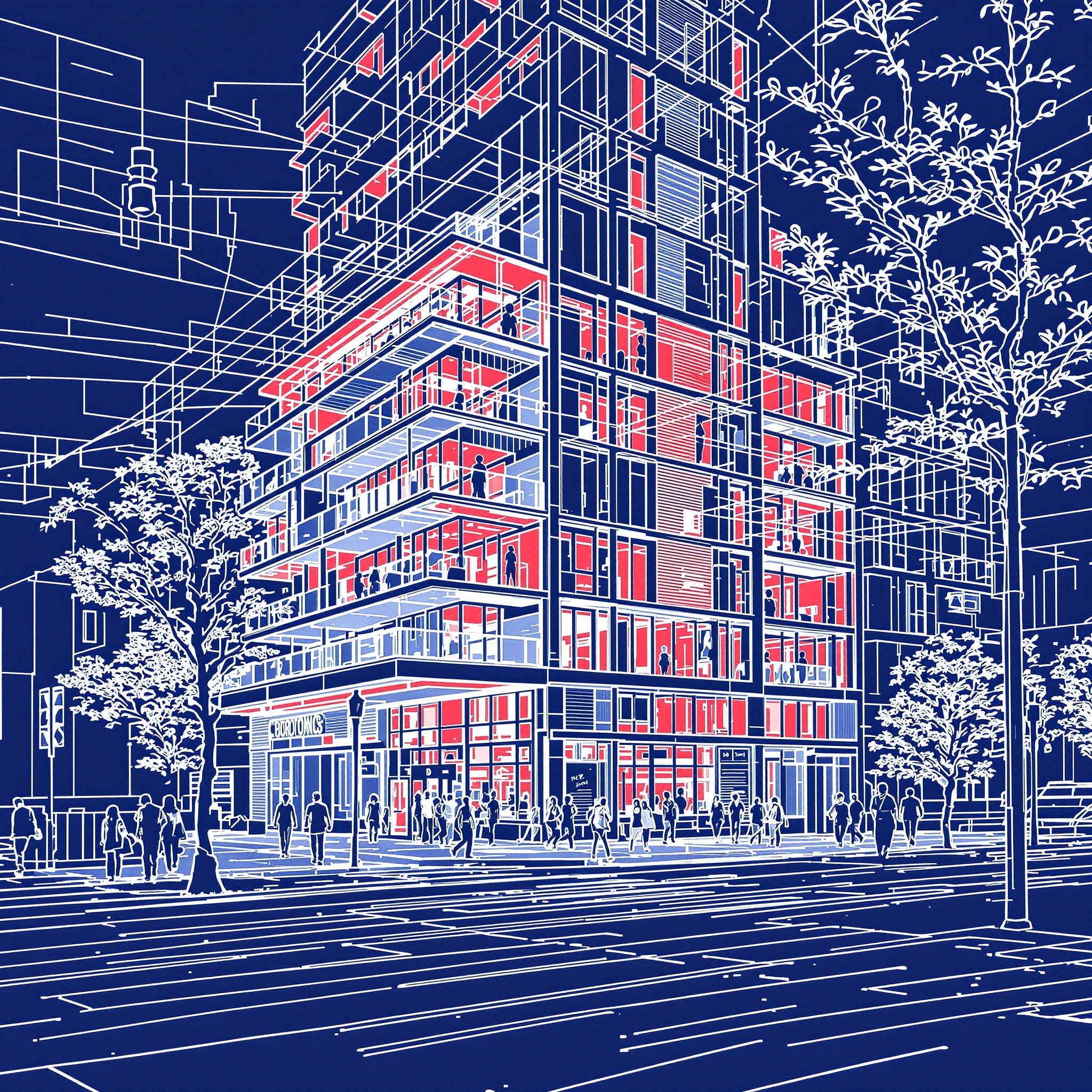PDIs rarely make headlines — unless they go wrong. But in reality, the PDI is one of the most powerful touchpoints in the entire homeowner journey. It’s the first time a buyer sets foot in their finished space. It’s where they decide whether they feel proud of their purchase or suspicious of what comes next.
Yet too often, PDIs are treated like formality: walk around, check some boxes, hand over a form. The result? Missed opportunities to impress, and more importantly, missed chances to control the narrative around deficiencies.
The Strategic Weight of a “Simple” Walkthrough
Ask any developer where reputations are won or lost, and you’ll hear the same answer: occupancy. Within that high-stakes window, the Pre-Delivery Inspection (PDI) is arguably the sharpest pressure point.
It’s the buyer’s first unfiltered look at the product they’ve been imagining for years. It’s also where anxiety, expectations, and brand perception collide. A well-run PDI can reassure, build trust, and defuse warranty risk. A sloppy or rushed one can trigger doubt, escalate into complaints, and plant the seeds of costly Tarion disputes.
The question isn’t whether you’re doing PDIs. It’s whether you’re treating them as brand strategy or box-checking.
Why PDIs Are Brand-Building Opportunities
Developers already know the mechanics of PDIs. What’s often underestimated is their strategic impact:
Cost Avoidance: Deficiencies caught and addressed early mean fewer warranty claims and lower after-sales costs.
Buyer Confidence: Homeowners leave either reassured or skeptical — and their perception drives everything from referrals to dispute likelihood.
Reputation Protection: In a market where occupancy complaints are climbing, how you manage PDIs shapes your standing with regulators, lenders, and future buyers.
In other words, PDIs aren’t operational; they’re reputational.
The Risks of Getting It Wrong
Recent Ontario cases highlight how quickly a weak PDI process spirals:
Buyers flag missed finishes or defects and feel dismissed.
Complaints escalate into Tarion disputes — with timelines and rulings that reflect poorly on the builder.
Legal exposure grows when miscommunication around critical dates compounds the issue.
The end result? Costs balloon, and the developer’s name takes a public hit. In a hyper-competitive market, that’s not just painful — it’s avoidable.
What Strong Developers Do Differently
The best-performing developers in Ontario don’t treat PDIs as admin. They treat them as a reputational safeguard. Hallmarks of their approach include:
Professional Preparation: Units are spotless, ready, and presented as a finished product — not a work-in-progress.
Structured Communication: Buyers know exactly what to expect before, during, and after the walkthrough. No surprises, no vagueness.
Documentation Discipline: Deficiencies are logged digitally, shared instantly, and tracked transparently. Nothing disappears into a clipboard.
Follow-Through: Logged issues don’t just sit. They’re resolved quickly, with updates that show accountability.
That consistency is what separates builders who manage risk from those who create it.
The Business Case for Elevating PDIs
For owners and executives, the ROI of stronger PDIs is straightforward:
Lower Warranty Exposure: Early detection equals fewer disputes and reduced Tarion liabilities.
Operational Efficiency: Centralized systems cut down on ad-hoc calls, emails, and service chaos.
Brand Value: Smooth PDIs create confident homeowners who advocate for — not against — your company.






